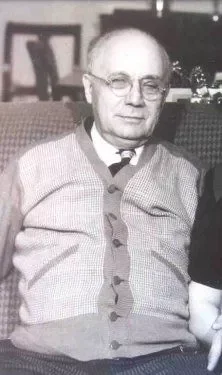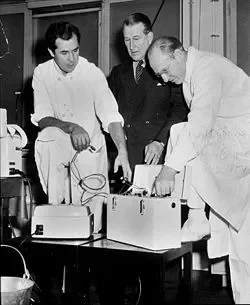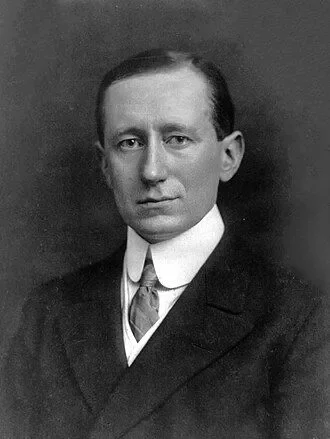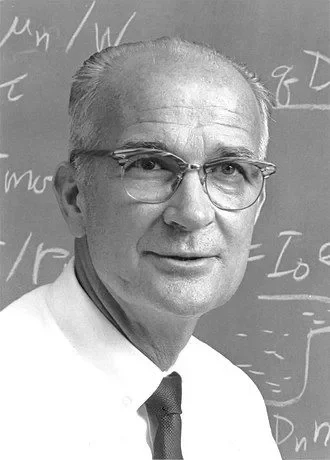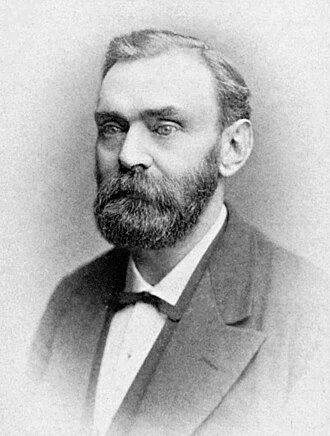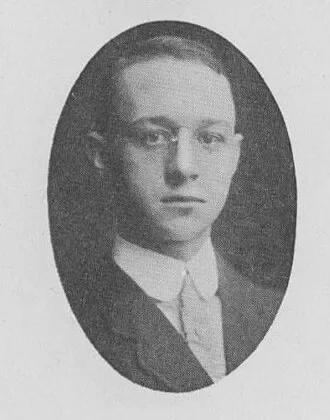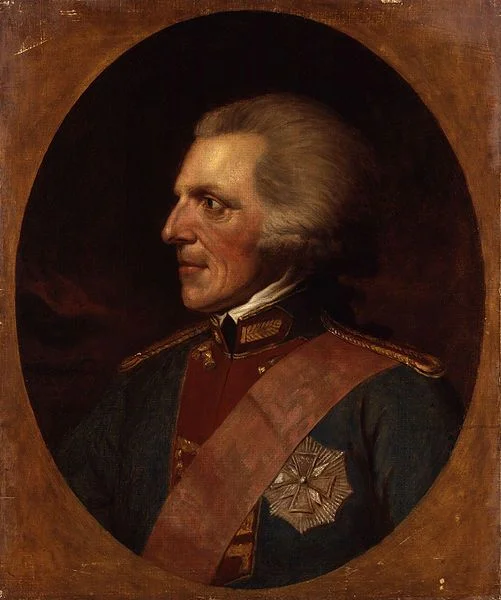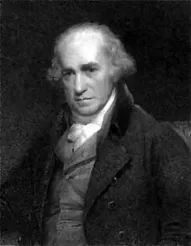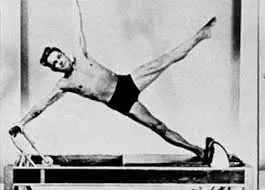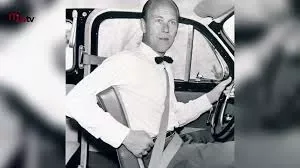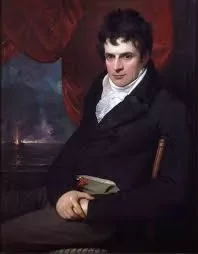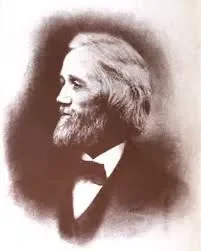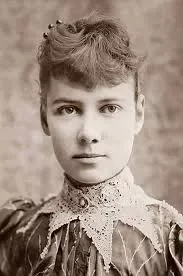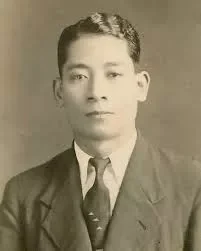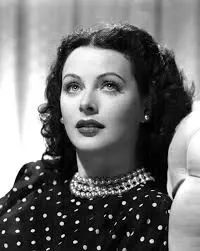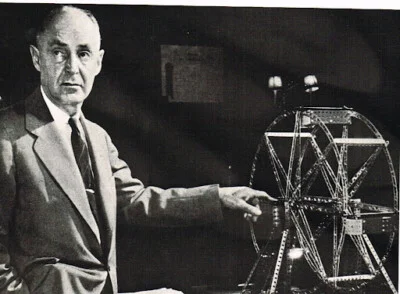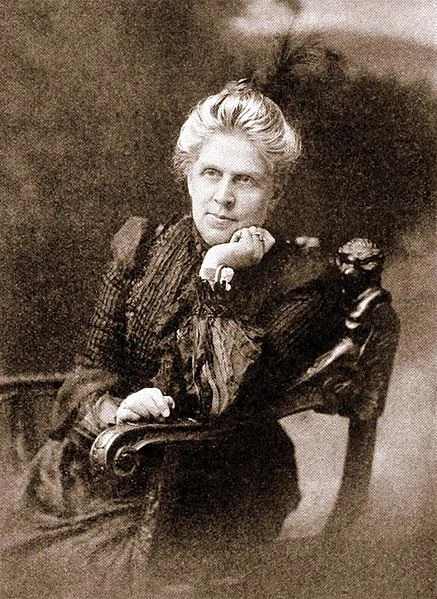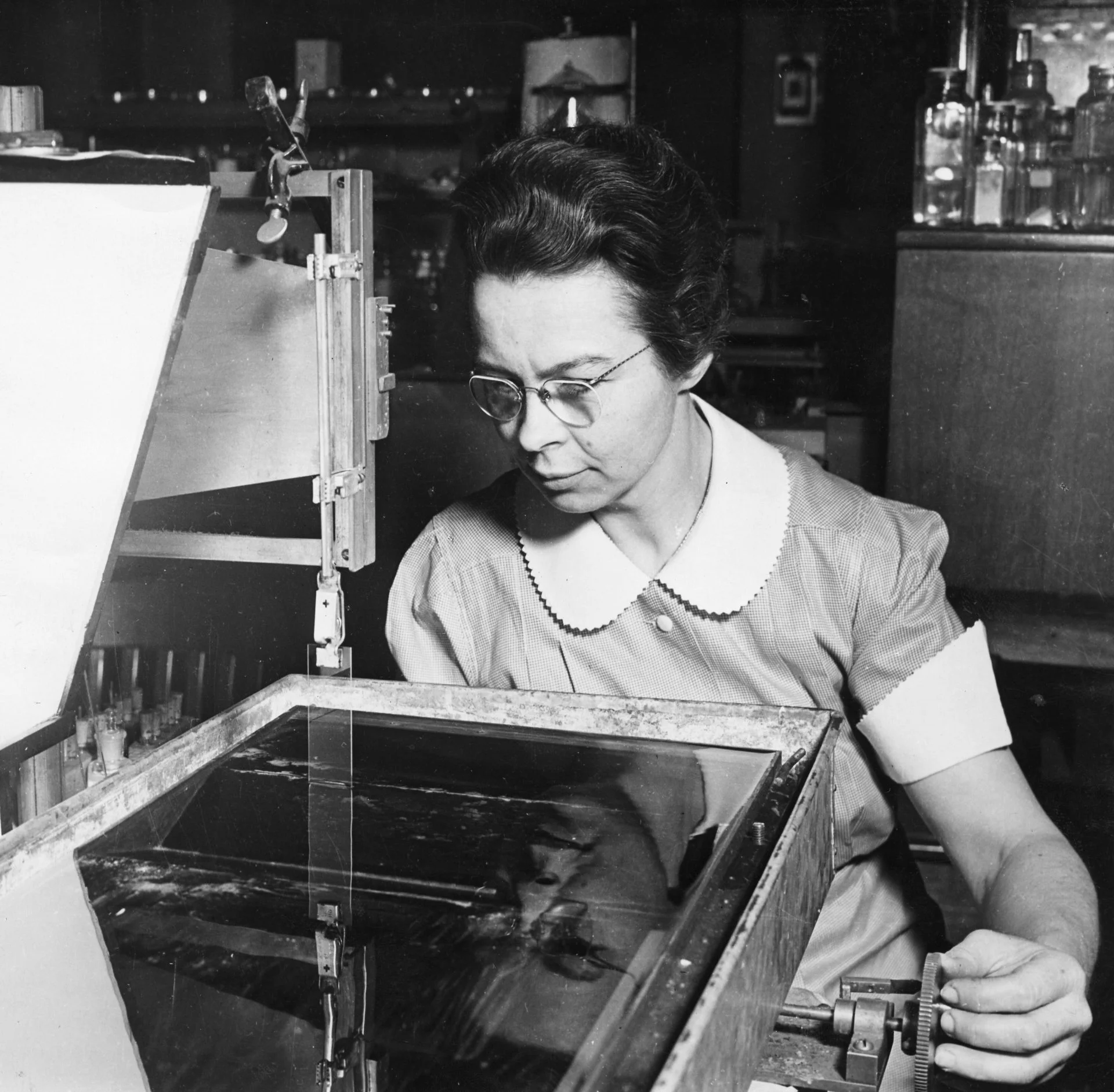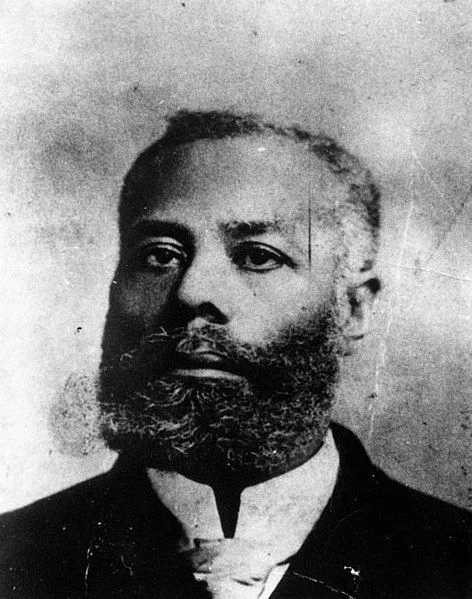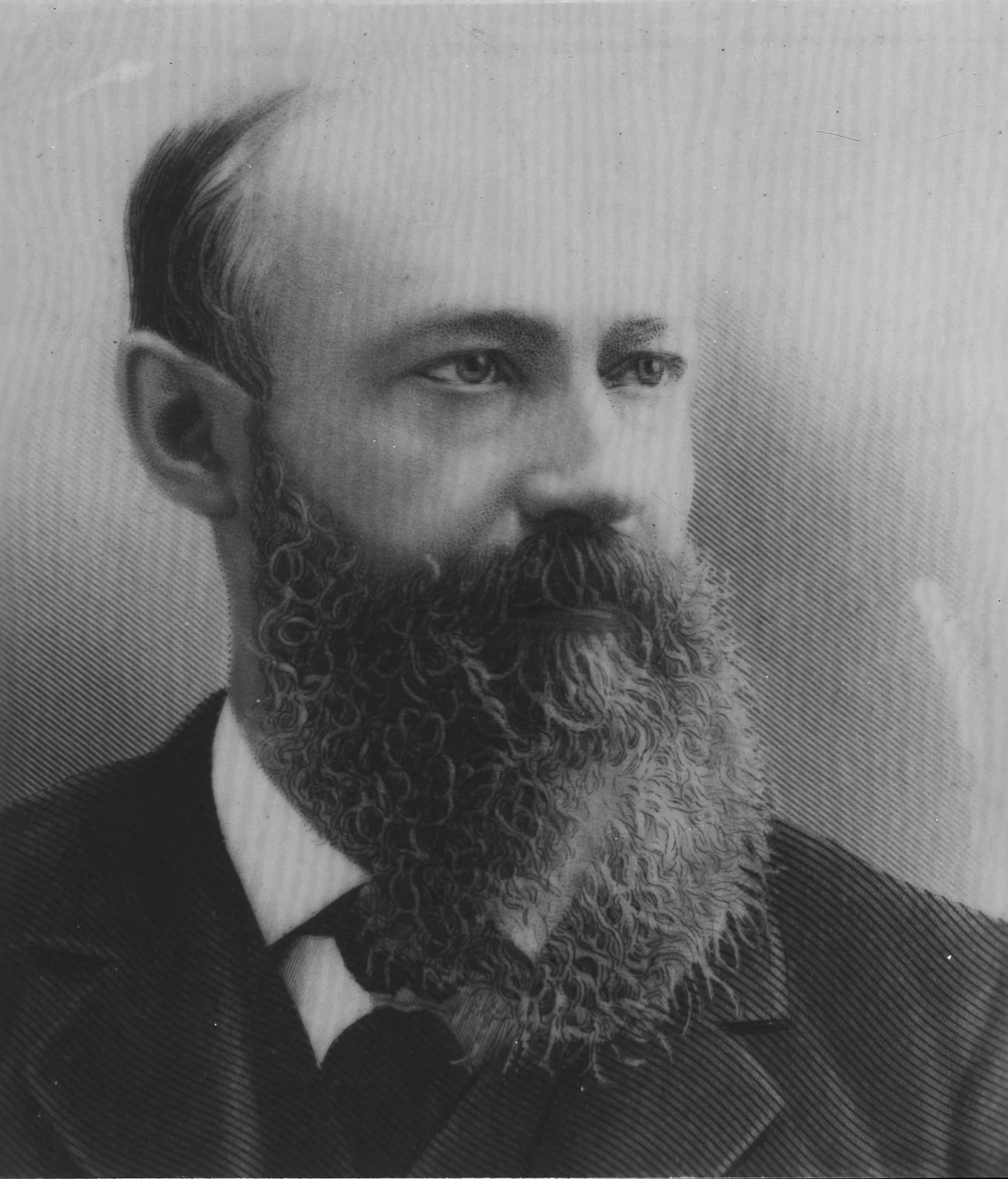Real Celebrities Never Die!
OR
Search For Past Celebrities Whose Birthday You Share
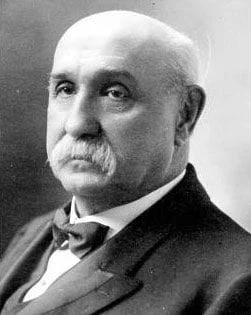
source:wikipedia.org
James Ritty
Birthday:
29 Oct, 1836
Date of Death:
29 Mar, 1918
Cause of death:
Natural causes
Nationality:
American
Famous As:
Inventor
Age at the time of death:
81
James Ritty's Quote's
Early Life and Family
James Ritty, born on October 29, 1836, in Cincinnati, Ohio, was an American inventor known for creating the first mechanical cash register. His invention revolutionized the retail enterprise and laid the foundation for modern-day point-of-sale systems.
Ritty was born to German-French immigrants Leger and Mary Ann Ritty, who had settled in America from Alsace-Lorraine. He was the fourth of six children, raised in a financially struggling family because of his father’s alcoholism. In 1840, the family moved to Dayton, Ohio, where younger James would spend most of his life.
Education and Military Service
James Ritty briefly attended medical college after completing primary and secondary education in Dayton. However, his studies have been interrupted by the outbreak of the American Civil War in 1861. Answering the call to serve, Ritty enlisted within the Fourth Ohio Volunteer Cavalry as a primary lieutenant. He served honorably for 3 years, growing to the rank of captain and left the Union Army in 1864.
Professional Career
Following his military service, Ritty worked in diverse jobs, which includes carpentry and shingle-making. In 1868, he opened his first saloon in Dayton, marking the start of his profession inside the hospitality industry. Over the next decade, Ritty expanded his business by opening several establishments, including the famous Empire Saloon in 1877.
The Invention of the Cash Register
A sudden thought led to Ritty’s famous contribution. In 1878, while on a steamboat trip to Europe, he saw a device to count the propeller rotations. This sparked a concept to create a device that would record cash transactions in his saloon, addressing the hassle of employee robbery.
Upon returning to Dayton, Ritty and his brother John, a professional mechanic, started making prototypes. After many unsuccessful tries, they created a working version which they referred to as “Ritty’s Incorruptible Cashier.” This first mechanical cash register was patented on November 4, 1879.
Impact and Legacy
The cash register invention transformed retail companies. It helped maintain accurate sales data and reduce employee theft. Although Ritty’s initial version lacked a coins drawer, it laid the groundwork for future enhancements in retail technology.
Ritty started out a small factory in Dayton to manufacture his cash registers. Struggling to handle his saloon and the new business, he sold his stake in the cash register company in 1881 for $1,000. The buyers eventually changed its name to National Cash Register Company (NCR), which became a leading firm.
Personal Life and Later Years
In 1861, Ritty married Susanna M. Norris of Dayton. Renowned as a sociable and fashionable man within the town, Ritty continued in the saloon sector for a long time. Ritty retired from the bar business in the early 1900s. He maintained friendly relationship with NCR and was frequently invited to enterprise events.
James Jacob Ritty passed away on March 29, 1918, in his residence in downtown Dayton, Ohio. The cause of death was coronary heart trouble. His burial took place next to his spouse Susanna and brother John at Dayton’s Woodland Cemetery.
Ritty’s innovation of the cash register had a significant impact on retail operations and established the groundwork for future advancements in business technology. His legacy lives on inside the countless cash registers and point-of-sale systems used worldwide today.
Name:
James Ritty
Popular Name:
James Ritty
Gender:
Male
Cause of Death:
Natural causes
Spouse:
Place of Birth:
Dayton, Ohio, USA
Place of Death:
Dayton, Ohio, USA
Occupation / Profession:
Personality Type
Virtuoso: Bold and practical experimenters, masters of all kinds of tools. Ritty’s practicality and mechanical inventiveness helped solve business problems. He concentrated on practical solutions and solving problems.
He sold his patent soon after inventing it, never gaining substantial financial benefit
His invention led to the establishment of NCR.
His invention was inspired by a machine he saw on a steamboat that counted the revolutions of the ship’s propeller
Ritty's cash register initially had no drawer; it simply recorded sales.
Filed a patent for his invention in 1879
His invention became a standard in retail and business industries
Invented the first mechanical cash register, called the “Incorruptible Cashier.”
Sold his patent rights, contributing to the founding of NCR (National Cash Register Corporation)

